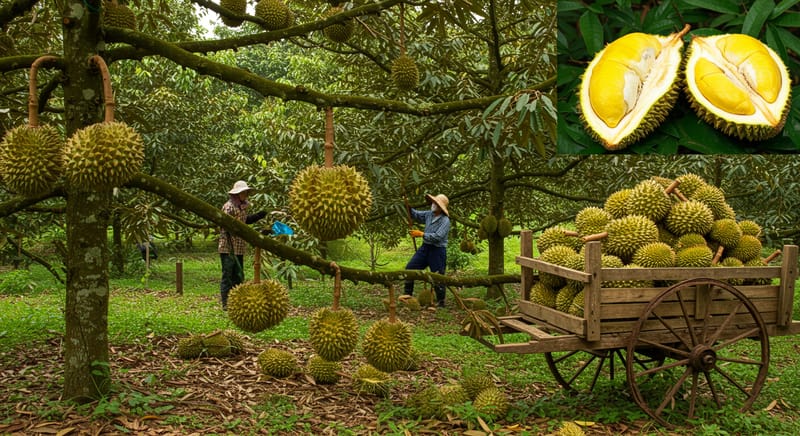The Rich History and Culture of Mexican Coffee and Coffee Plantations.
Mexico is known for producing some of the best coffee in the world, with a rich history and a unique culture surrounding its coffee production. The country has been growing coffee for centuries and is one of the largest coffee-producing countries in the world, known for its high-quality arabica beans.

Mexico is known for producing some of the best coffee in the world, with a rich history and a unique culture surrounding its coffee production. The country has been growing coffee for centuries and is one of the largest coffee-producing countries in the world, known for its high-quality arabica beans.
The first coffee plantations in Mexico were established in the late 18th century in the state of Veracruz. However, it wasn't until the mid-19th century that coffee production really took off in the country, with the establishment of coffee plantations in the states of Chiapas and Oaxaca.
Today, Mexico's coffee industry is primarily based in the southern states of Chiapas, Oaxaca, and Veracruz. The country's unique climate and geography provide ideal growing conditions for coffee, with altitudes ranging from 800 to 1,800 meters above sea level, and a combination of tropical and temperate climates. These factors contribute to the high-quality flavor profile of Mexican coffee, which is characterized by its nutty, chocolatey notes, and subtle acidity.
Mexico's coffee production is predominantly made up of small-scale farmers who grow coffee on small plots of land. These farmers are organized into cooperatives, which help to ensure fair prices for their crops and provide access to resources such as training and equipment.
One of the unique aspects of Mexico's coffee production is the use of shade-grown coffee. This method involves growing coffee plants under a canopy of shade trees, which provides a natural habitat for birds and other wildlife, and helps to protect the soil and water resources. Shade-grown coffee is also known for producing a more complex and flavorful cup of coffee.
Despite the many challenges faced by Mexican coffee farmers, such as climate change, political instability, and competition from other coffee-producing countries, the industry continues to thrive. Mexican coffee is highly valued in the specialty coffee market, with a growing demand for single-origin, traceable coffees.
In conclusion, Mexican coffee is a unique and valuable part of the country's culture and economy, with a rich history and a commitment to sustainable and high-quality coffee production. Its unique flavor profile and production methods make it a sought-after coffee in the global specialty coffee market, and a source of pride for the Mexican people.




